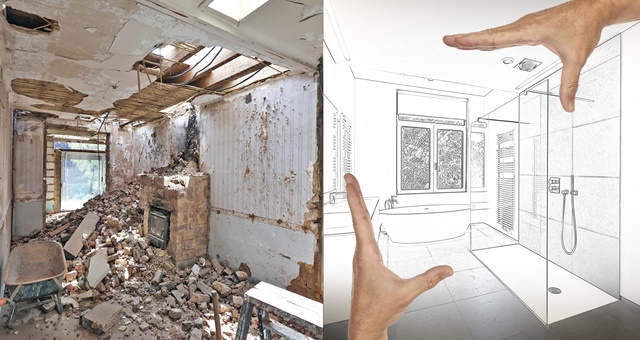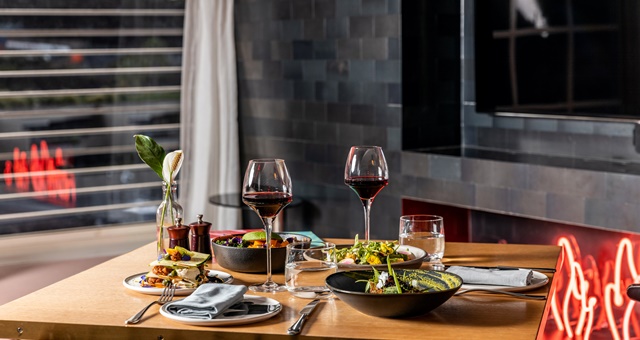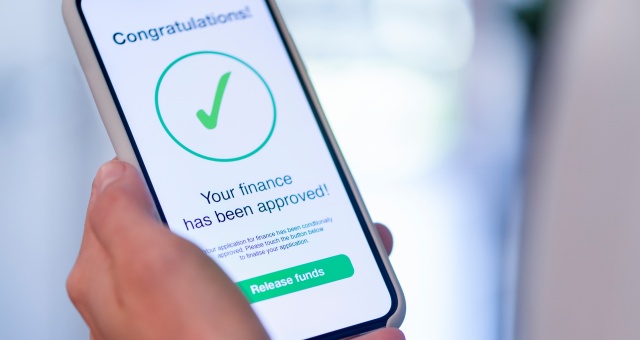Running a hotel amid border closures and lockdown upheavals is tough – and everyone is feeling the pinch. Australian tourism has seen overall losses of $33.7 billion over January to June 2020, and without crucial overseas and interstate travel, hospitality and accommodation are scrambling for support.
We never know what’s around the corner – everyone experiences ebbs and flows in this industry for various reasons – but now more than ever we have to learn to make every dollar count. That means paying for maintenance, staff, utilities, upgrades, compliance, stock, and complying with new COVID-19 protocols.
Applying for government subsidies and boosts is essential, but if you’ve put off major renovations or structural works in fear of alienating guests, now is the best time to put your plans in motion. If you’re unsure how to finance long-term upgrades, an unsecured business loan might be the answer.
Keep cash flowing by pivoting
If your hotel also has a kitchen or a motel component, one way to retain staff and keep cash flowing is to pivot to online or local takeaway meals. You may want to pivot toward ‘hybrid’ meetings, where speakers use your conference facilities but participants attend remotely. Some hotels in Singapore have offered ‘suite dining experiences where guests stay the night after having dinner..
This was also seen in Canberra and Sydney last year when Ovolo Hotels introduced and successfully ran its ‘Restaurant In Room’ concept at Ovolo Nishi and Ovolo Woolloomooloo.
Protect your profits – cut expenses
Hoteliers will need to plan for the unplannable and unplanned – and that means protecting profits and making every dollar that does come in, count. If you have revenue from take away, hybrid meetings, or ‘suite dining’ (or even perhaps other sources of revenue), removing non-essential items from rooms, shutting down sections, and involving staff in cost-saving measures can protect hotel profits in the short-term to avoid long-term difficulties. Sacrifices now may mean viability later. Read about other tips and tricks here.
Getting finance sorted
At the moment, with interest rates as low as they’ll ever be, businesses in the tourism sector may want to apply for unsecured business finance. Though it may have been a bit of a pain to get approval in the past, recent rule changes have made the process more streamlined.
Unsecured business loans don’t require collateral and can be approved with minimal documentation. Savvy Managing Director, Bill Tsouvalas, says that operators can use these loans to fund pivots, improve cash flow positions, or make changes to the hotel to ensure it is COVID-Safe and more efficient.
“These kinds of loans can help with shoring up your cash flow position by acquiring new inventory for putting together dark kitchens, making rooms safe, or consolidating debts,” Tsouvalas said.
“Terms range from 12 to 24 months and you can also repay the loan early if need be.”
Government subsidies
You should approach your financial controller or accountant to apply for as many government grants or subsidies as possible during these difficult times. Businesses can apply for state government financial assistance, while individuals in COVID hotspots that have lost work due to lockdowns can apply for the COVID-19 Disaster Payment.
The government is also guaranteeing loans through the Coronavirus SME Guarantee scheme. SMEs with a turnover of up to AUD$250 million that were recipients of the JobKeeper payment between 4 January 2021 and 28 March 2021 are eligible for these loans but will need stringent documentation. More information is available from Treasury.
Keep in contact with colleagues
Most important, the hotel industry needs to band together to ensure the industry survives and thrives. That means keeping in touch with the Australian Hotels Association and keeping an eye on their resources. Snap up opportunities and subsidies as soon as they come available. Only then can they ride out this storm.




